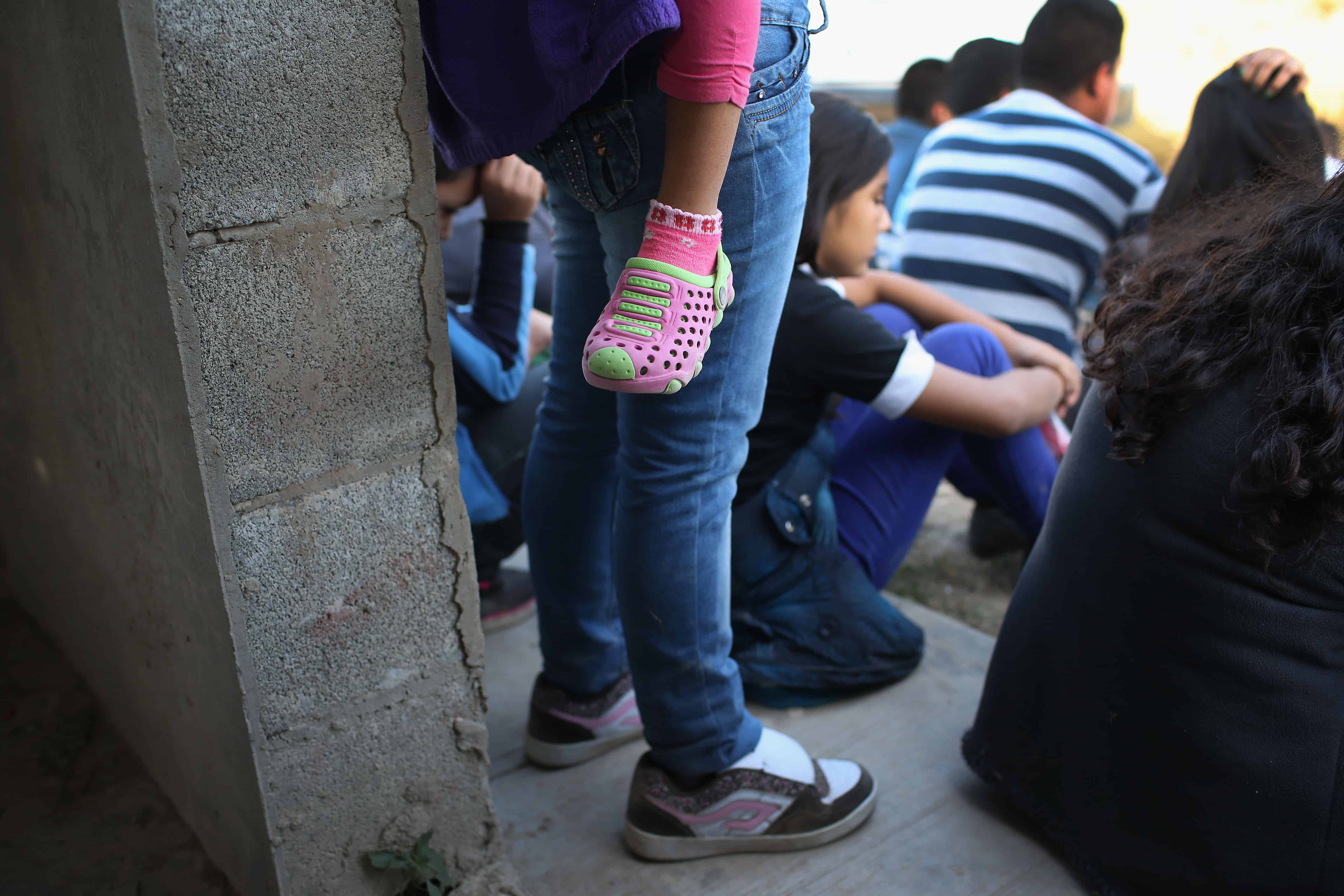Asylum-seekers are fleeing El Salvador, Guatemala and Honduras at a scale never before seen in the region, the United Nations refugee agency said Wednesday.
The Office of the United Nations High Commissioner for Refugees estimates that 146,000 people from the so-called Northern Triangle countries will seek asylum in other countries this year, up from roughly 110,000 in 2015.
An even greater number of Guatemalans, Salvadorans and Hondurans — as many as 175,000 people — could be displaced within their own countries, according to the UNHCR.
The U.N. refugee agency released the figures Wednesday at the start of a two-day meeting in San José to discuss regional solutions to the flood of Central Americans fleeing violence. North and Central American leaders, non-governmental organizations and international financial institutions are participating in the talks.
U.N. High Commissioner for Refugees Filippo Grandi told reporters Wednesday morning he hoped the gathering would lead to concrete actions to strengthen the region’s asylum systems and humanitarian safety nets for refugees.
“People are fleeing,” Grandi said. “They will not stop tomorrow or the next day.”
Individuals have been fleeing violence and natural disasters in the Northern Triangle for decades. Civil wars and political unrest in El Salvador and Guatemala drove more than a million people from their homes in the 1980s. But Grandi said the scale of the current situation is “unprecedented.”
At the heart of this swelling number of asylum-seekers is organized crime that targets civilians, Grandi said. Gang members rape, kill, forcibly recruit and kidnap their victims. Among those most at-risk are women, children, human rights activists and LGBT people living in these countries.
Grandi said more should be done to inform people of the qualifications for refugee status, namely, a well-founded fear of persecution for reasons of race, religion, nationality, political opinion or membership in a particular social group.
If potential refugees are better informed, Grandi thinks they will be less likely to fall into the clutches of human smugglers and risk the dangerous journey to Mexico or the United States.
“We need to work with the governments of each country,” Grandi said. “We need to put resources toward these people, especially the most vulnerable.”
The U.N. agency is requesting more than $18 million in financial support for humanitarian and technical operations in Mexico and Central America to help deal with the refugee crisis.
Grandi said the large-scale emigration out of the Northern Triangle is testing the limits of the asylum systems of recipient countries, including the U.S. and Costa Rica. In June, Costa Rica Vice Minister of the Interior Carmen Muñoz told reporters that UNHCR had agreed to donate staff to help process the country’s backlog of asylum applications, especially from El Salvador.
Alongside calls for improving the treatment of refugees and providing better access to services, Grandi said the root causes of forced migration must be addressed if a longterm solution is to be found.
“Displacement was considered a humanitarian issue that you could address with humanitarian means,” he said. “These phenomena need to be addressed with structural, longterm development intervention.”
Grandi noted that the U.S.-led Alliance for Prosperity Plan in the Northern Triangle — a $750 aid package that includes funding for public safety, economic development and governance programs — was a positive step in this direction but should be buttressed by other initiatives from the region.
“This is a region that has a tradition of working together to address refugee and humanitarian crises,” Grandi said. “The call for action that we’re putting out for today I hope will resonate across Central America and beyond.”








